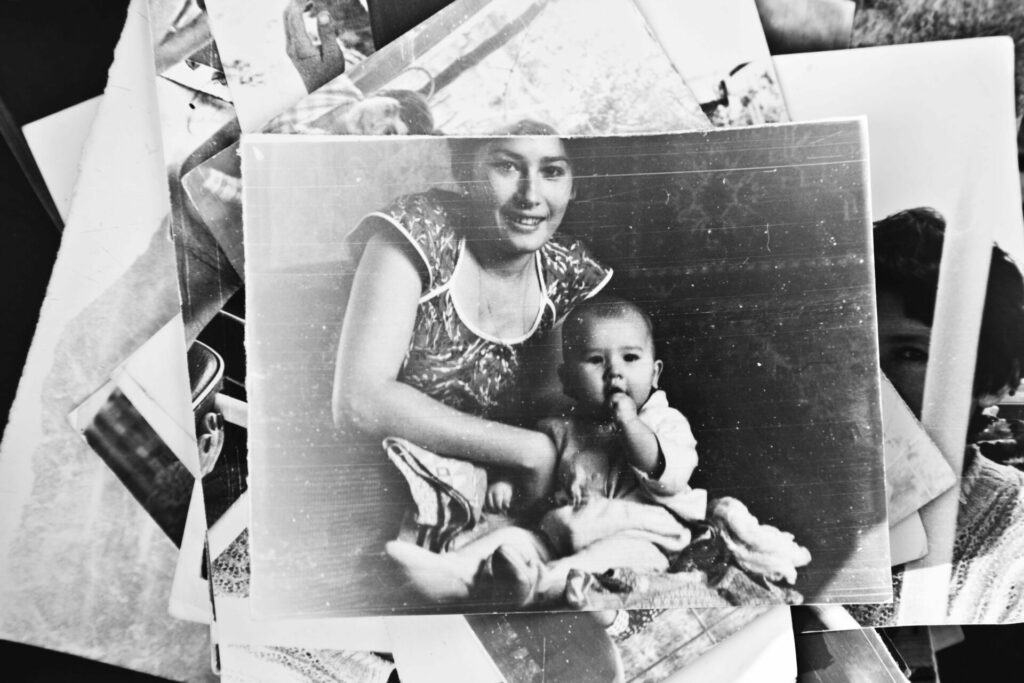Are you concerned that a loved one or someone close to you might be suffering from addiction, or is potentially on the slippery slope to oblivion? Perhaps you can tell that something is ‘off’, but you can’t quite put your finger on what. Maybe there are subtle signs that your spider-senses are picking up on.
Truth is that addiction can take many forms: alcohol, illegal and non-illegal drugs (prescription and non-prescription) as well as behavioural addictions such as gambling – in real life and online – gaming, food, shopping, work, exercise, and many others.
Other than taking a deep breath and coming straight out with very direct questions (which more than likely won’t get the honest answers you seek), what should you be looking for to indicate your intuition might be correct?
Here we look at six signs of addictive behaviours that might strongly indicate an underlying addiction:
Failing To Meet Commitments
Once dependable, but now less so, we can begin to see when someone is becoming more frequently absent. Calling in sick, missing family events, or ‘I forgot’ excuses being overused might mean that their mind is elsewhere, and obsessing over another compulsive behaviour.
Secrecy
Lost hours away from home, unexpected and repeated ‘meetings’, and excuses to ‘go out to something urgent’ can often leave you in doubt, especially if these are new behaviours. Active addiction pushes the individual into becoming more secretive because of fear, shame, guilt and being ‘found out’. This is when alcoholics and addicts learn to lie about what they’ve been doing and where they have been. Manipulation becomes a new learned behaviour.

Mood Swings
Patience, tolerance, and kindness are not the traits of an active addict. For drug users, the ‘come down’ can mean wild mood swings veering between anger and upset. Lack of sleep also affects mood as does worries over money lost to gambling. When under the influence or on the ‘up’, lack of focus, huge energy levels and staying up all hours might be strong indicators as well as jaw ‘gurning’, bloodshot eyes, and lack of personal hygiene. Ultimately dependence on certain addictive substances means their entire focus becomes about that substance, not those around them and their own responsibilities.
Finding Suspicious Paraphernalia
Finding the ‘empties’ might be the first sign of problem drinking – alcoholics learn to hide these, but not always as well as they think. Small plastic bags lying around, rolled up bank notes and credit cards left out are the tools of a drug user. As their addiction progresses, addicts will begin to become more careless in ‘tidying up the evidence’.
Pulling Away
Active addiction can become all consuming. As the shame and guilt builds, along with the obsession and compulsion, they no are no longer interested in previously enjoyable activities. Getting drunk or high replaces the ‘normal’ highs of life. Quitting the gym, no longer engaging in hobbies, and ultimately ‘running away’ from work, family and friends become common traits. Isolating themselves and withdrawal is often the final destination for many addicts.

Legal, Financial and other Consequences
When someone is in the grip of addiction, the consequences start to arrive thick and fast. Financial problems become all consuming as they try to ‘manage and control’ their chaotic lives. As the spiral continues, lying can turn into theft, fraud or having accidents. Frequent blackouts, fighting, domestic violence, assault, or possession charges will land addicts in court.
Road to Recovery
Once of the strongest indicators are monitoring the visible consequences, as these are hard to deny, lie about or ignore. They cannot be simply brushed off.
For some recovering addicts, they refer to these events as their ‘rock bottom’. The moment when ‘the game is up’. It is often in these moments, that honest arrives and then recovery can begin.
The fundamental issue with all these indicators, is that they are not a definitive diagnosis of addiction, and we need to be careful not to wrongly label someone who might be suffering from depression for example. Many of the hallmarks that might indicate addiction, are similarly indicators of other personal or mental health issues.
It is hard to support someone who has lied or created familial chaos, but being able to find compassion, understanding, forgiveness and ultimately help is the best way to help them and yourself.
British Sober and Recovery Coach, David Golding has launched ‘Sober Lifestyle Coaching’ in the UAE, to anonymously support clients who have made the brave decision to work towards recovery.
If anyone is affected by this article, please reach out to a healthcare professional as soon as possible and talk honestly about your feelings. Suffering in silence is painful but coaching is here to help.










